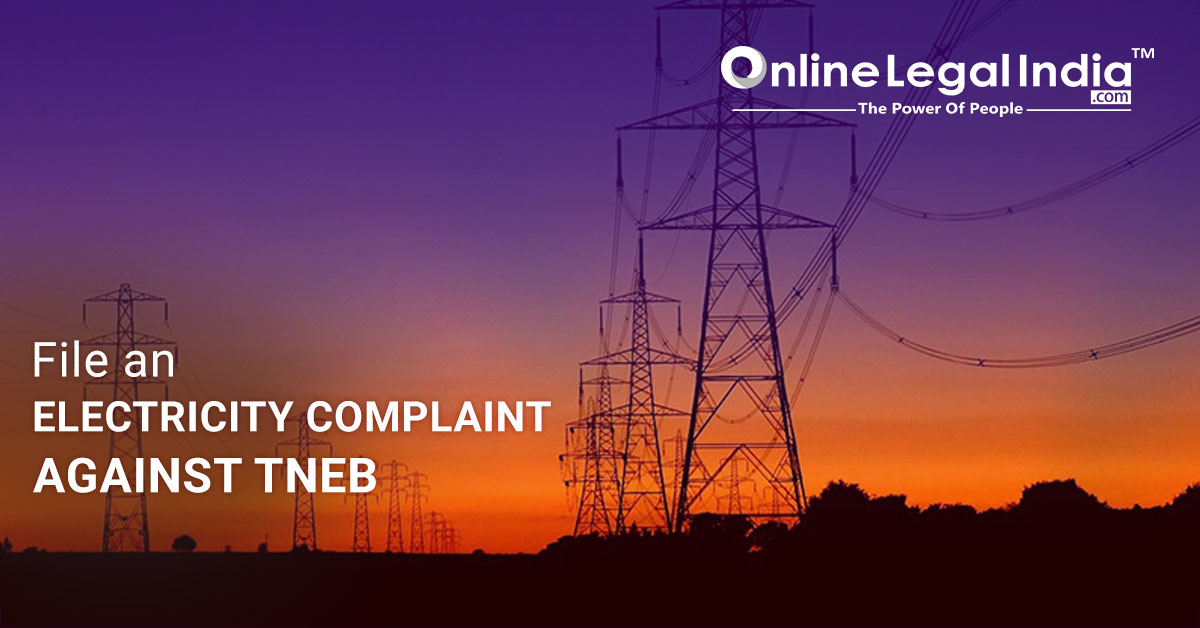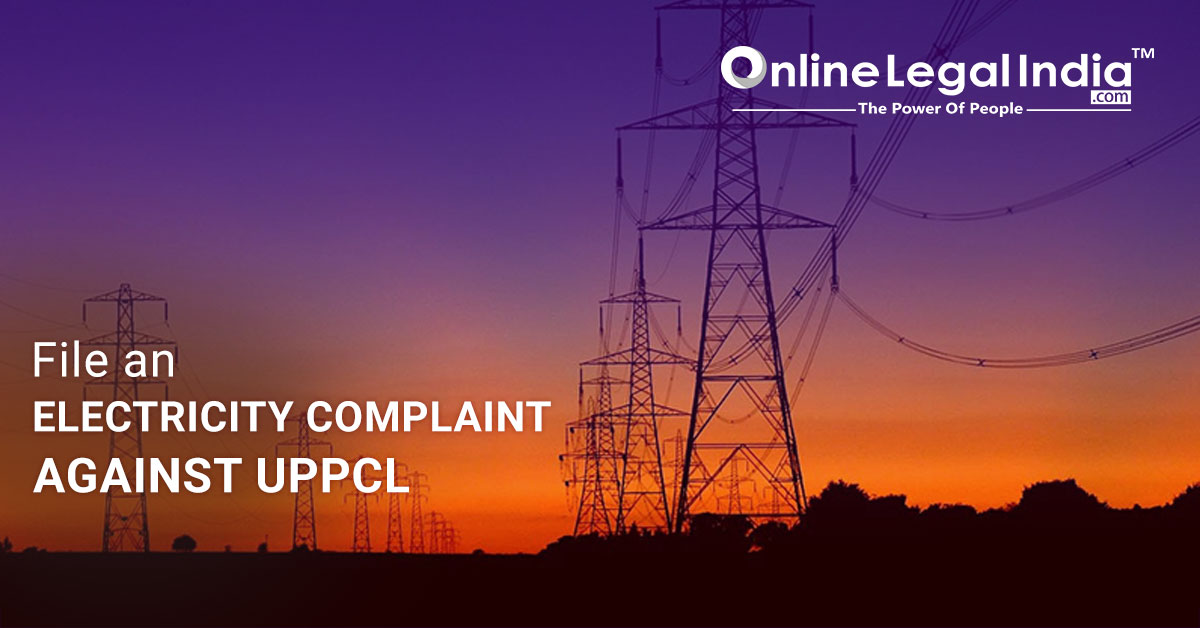Know the Cost to trademark a name and all the fees required
23 Apr, 2024

 By Online Legal India
Published On 02 Nov 2020
Updated On 14 Oct 2022
Category Divorce
10 comments
By Online Legal India
Published On 02 Nov 2020
Updated On 14 Oct 2022
Category Divorce
10 comments
Marriage is the state of being united as spouses in a consensual and contractual relationship recognized by the law of the State. This is an ancient culture, found in almost every corner of the world. Marriage is a social custom, a holy institution carrying out the purpose of binding two people under a sacred union where a man and a woman’s love is sealed and strengthened by God’s love.
In India also, the cultural heritage of marriage is highly appreciated by almost every Indian. Here, in Indian society, marriage is enriched with high traditional value as the wedding ceremony is performed by keeping the fire as a witness on behalf of Lord Bramha.
However, as an inevitable part of any divine act, a sacred institution as marriage also bears a darker part, which is Divorce. In certain unfortunate and unpreventable cases, marriage comes to an end with the help of the decree of divorce.
Divorce is a dissolution of marriage by the way of the legal process, terminating all the obligations of marriage by bringing an end to the matrimonial alliance of spouses. The passing of the decree of divorce by a court of law may also involve the separation of husband and wife along with the division of property, assets, and the issue of custody of the child.
With the changing status of lifestyle, the rate of divorce in India is also rapidly increasing. Men, as well as women, are showing the courage to walk out of unhappy and unhealthy married life as the rigid nature of Indian society is learning to accept the fact that the sole purpose of marriage is to lead a happy life together.
Under the provisions of Hindu Law, Divorce can be classified into two categories:-
Mutual Divorce: Section 13-B of the Hindu Marriage Act, 1955 deals with the provisions of Mutual Divorce. As the name suggests, in mutual divorce, both the parties i.e. husband and wife mutually agree and express their consent for peaceful separation.
Contested Divorce: Contested Divorce takes place when divorce is initiated by either spouse. Section 13 of the Hindu Marriage Act, 1955 provides the grounds for filing a contested divorce, some of which are, cruelty, conversion of religion, unsound mind, communicable disease or either spouse is unheard for more than seven-year.
Section 13 of the Hindu Marriage Act, 1955 lays down the following grounds on which contested divorce can be obtained:-
Muslim Marriage Act lays down the following grounds on which divorce can be obtained:
1.By Husband: There are four modes available before a husband to dissolve the union of marriage:
i.Talaq- ul- Sunnat
ii. Ahsan
iii. Hasan
iv.Talaq-ul- Biddat
2. By Wife: Section 2 of Dissolution of Muslim Marriage Act, 1939 states nine grounds on which a Muslim wife can obtain a decree of divorce. Let us discuss them below:
3. Divorce by Mutual Consent
4. Under dissolution of Muslim Marriage Act, 1939
In the due change of time, the divorce among Christian couples is governed under the Indian Divorce Amendment Act, 2001. Let us further elaborate on the grounds of Christian Divorce that may lead to the dissolution of the solemnized marriage between husband and wife under the Indian Divorce Amendment Act 2001 are divided into two sections:
i. Section 10- Divorce: Where are petition can be filled by either of the two parties. The grounds to which marriage can be dissolved are mentioned as follows:
ii. Section 10A- Divorce by Mutual Consent: Where are petition can be filled by both the parties. The grounds to which marriage can be dissolved are mentioned as follows:
iii. Grounds of Christian Divorce available only to Wife
Where a wife can also present a petition for the dissolution of her marriage on the grounds:
Following is the procedure to file for mutual divorce in India:
STEP 1: Draft a petition stating the reason for seeking a divorce.
STEP 2: File the petition jointly through respective lawyers before the family court.
STEP 3: The court after the examination of the petition along with the documents will pass on the order for the recording of the statement on oath.
STEP 4: After this, a period of six months is given to the parties as a chance of their reconciliation.
STEP 5: Post 6 months, if there no reconciliation, both the parties need to appear for the final hearing.
STEP 6: In the final hearing, the court passes the divorce decree dissolving the marriage.
The contested divorce is filed by either spouse based on the abovementioned grounds.
The following are the steps to file for a Contested Divorce in India:-
STEP 1: Draft a petition clearly stating the facts and grounds for seeking a divorce along with affidavits, vakalatnama, and documents relevant to the case.
STEP 2: If the court is satisfied after scrutinizing the petition and decides to move with the case, it sends a notice or summons the other party to appear before the court on a decided date.
STEP 3: Next, the court will suggest parties for mediation and if the mediation fails to resolve the issue, the court will continue with the divorce proceedings.
STEP 4: On a fixed date, both the parties will appear before the court, record their statements, submit evidence, get cross-examined and will present their witnesses if any.
STEP 5: At last, the court on a fixed date will deliver the verdict and pass a divorce decree.
As filing for Divorce is no doubt a very rigorous decision, you can opt for Legal Advice Online where your case will be analyzed by eminent divorce lawyers with absolute confidentiality who will guide you through and if requires also send a Legal Notice for Divorce across the accused party. Make the process hassle-free, the best solution to your dispute.
Already pleased serving 1,20,000+ satisfied complainants from every nook and corner of the country, as our Team works round the clock to get your issues resolved. From gathering the necessary pieces of evidence to drafting a Legal Notice letter all done by our legal team.
31 Aug, 2021
Hello Rashmi, thank you for contacting us. The Divorce Advocate panel of Online Legal India will connect with you shortly.
28 Feb, 2021
Hi I want legal advice on my relationship as I m trying hard to make situations better in my marriage from past five years but my husband doesn't want to adjust. He wants the things to go in his own way and doesn't care about my emotions. I want to end this marriage and want legal advice for same. I can't talk over phone only can chat through mail or whatsapp
02 Mar, 2021
Hello Isha, thank you for reaching out to us. The Divorce Advocate panel of Online Legal India™ will contact you shortly.
23 Feb, 2021
I want an advice on filing divorce Procedures of divorce and time against it
23 Feb, 2021
Hello Jaswinder, thank you for reaching out to us. The Divorce Advocate panel of Online Legal India™ will contact you shortly to discuss your matter.
22 Feb, 2021
Thank you for reaching out to us. The Divorce Advocate panel of Online Legal India™ will contact you shortly discussing your matter.
11 Nov, 2020
Want an advice on filing divorce Procedures of divorce and time against it
11 Nov, 2020
Hello Shweta, Our expert panel has tried to reach you, but due to the incorrect phone number you've provided, we were unable to hear about your concern. Kindly provide the appropriate contact details. Thank You Team Online Legal India™
01 Jan, 1970

Know the Cost to trademark a name and all the fees required
23 Apr, 2024

How to Register a Brand Name
17 Apr, 2024

How Can You Download FSSAI Certificate?
15 Apr, 2024

Copyright a Business Name Know the Procedure
13 Apr, 2024

Top 10 Law Firms in India
11 Apr, 2024

Consumer Complaint against Tamil Nadu Electricity Board TNEB
30 Nov, 2020

How to Take Legal Action against Mental Harassment in India?
07 Nov, 2020

UPPCL Uttar Pradesh Power Corporation Ltd. Complaint Filing
19 Nov, 2020

How to File a Complaint Online in Consumer Court in India
27 Nov, 2020

Online Complaint Filing against Hero Motocorp
04 Dec, 2020